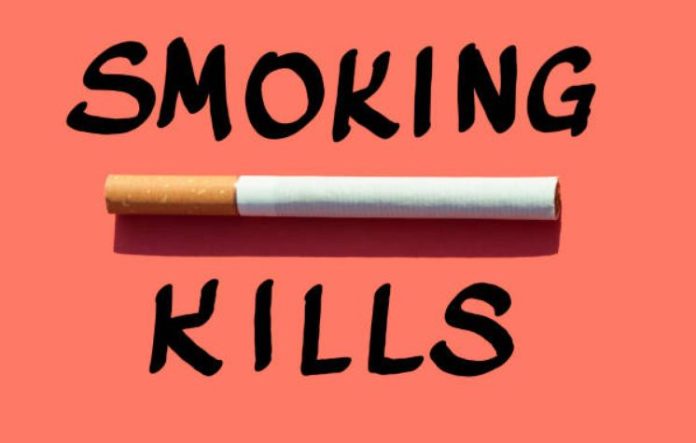Do you know how many people in the world will eventually be killed by tobacco? 650 million people. That is half the people in the world who smoke regularly today. Are you going to be part of this statistic?
According to the World Health Organization (WHO), the second major cause of death in the world is tobacco.
Smokers know the dangers of smoking and are aware of what it does to their body. Unfortunately, once the habit of smoking forms, it is difficult to escape from it’s clutches. The addiction is strong and hard to break.
From the mouth of a smoker referring to shocking, gruesome pictures used in anti-smoking campaigns, “they are only sick to look at and I don’t think smokers will be affected.” This just proves that knowledge is not enough to get a smoker to quit smoking.
So, if you are a smoker, what do you need to do to quit? The first and most important step is to make the decision to do so. The motivation has to be right. Quit because you want to and not because someone else wants you to.
Then you have to back up your decision with will power. Do not get disheartened if you relapse. Take courage from knowing that others who have freed themselves from tobacco dependence have walked the road you are now taking.
Be determined and believe that you can do it.
There are two components to consider when you try to quit smoking: physical and psychological. Physically, you have to fight your body’s need for nicotine.
Psychologically, you have to change your ingrained habits and avoid situations that have become strongly associated with cigarettes.
There are medical aids to help you overcome the physical addiction. The nicotine path, gum or inhaler can be used for nicotine replacement therapy. There is also a drug known as Zyban (bupropion hydrochloride) that works to alter your brain chemistry to reduce your desire for smoking.
The psychological aspect to cease smoking seems to be more difficult to battle. Cognitive behavioral therapy (CBT) can help. It addresses the smoker’s way of thinking, changing the way they feel and behave.
The coping skills learned through CBT helps a smoker who is in the process of quitting maintain their abstinence.
The best approach to quitting smoking combines both the behavioral approach and medication. Research shows that combining the two can double your success rate.
Decide today that you are not going to let smoking kill you. If you stay smoke-free for 15 years, your risk of death is almost the same as a non-smoker. It is amazing how your body is able to restore itself.
The way to a smoke-free life may not be easy, but it is worth it. Your strongest weapon will be your determination and will power. Believe in yourself and you can come out victorious.

